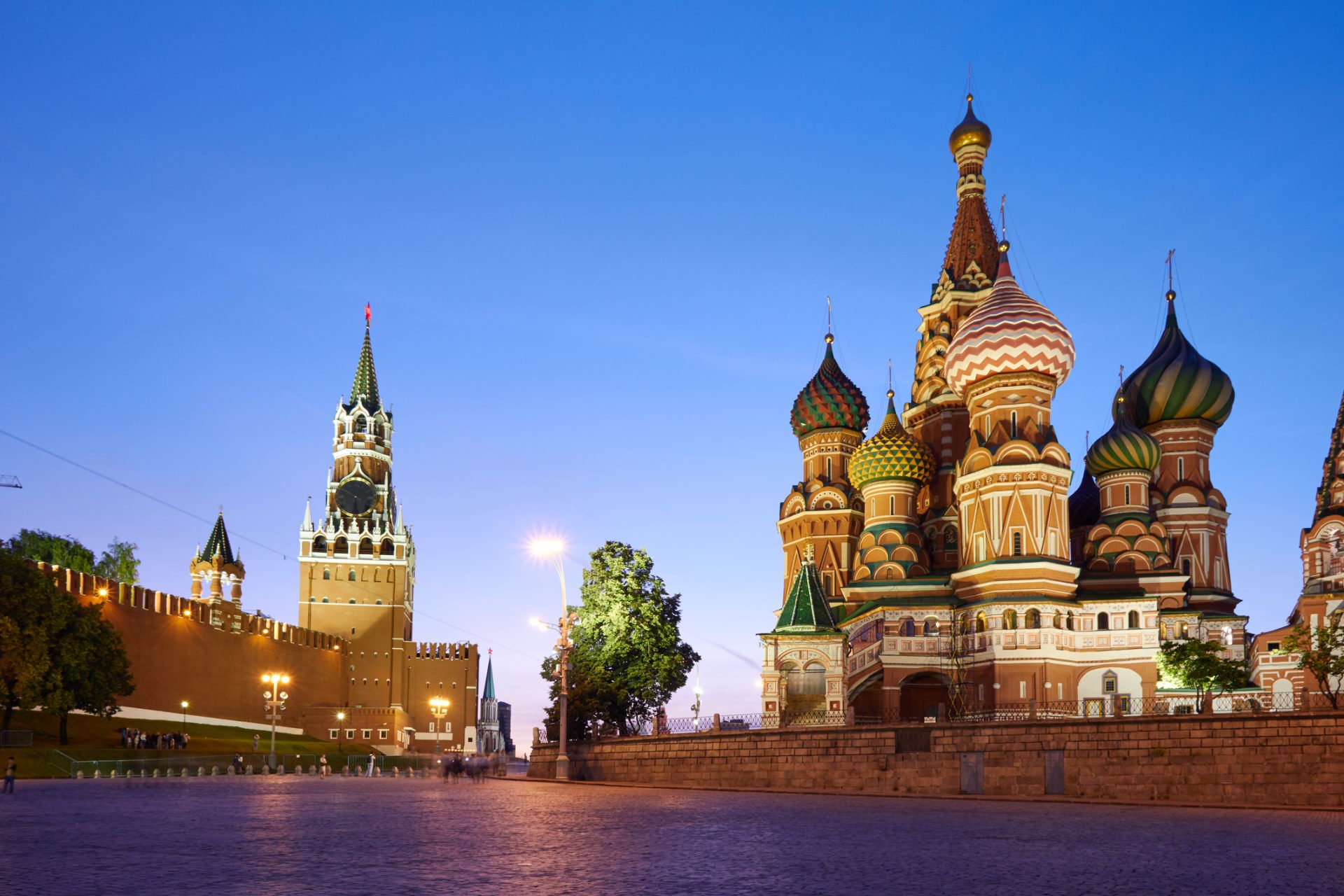Cryptocurrency investment has been treated with caution by many banks around the globe. Some have even advise their customers not to buy them, with others freezing their customers cards whenever they attempt to purchase crypto on the numerous exchanges. However, two of the largest banks in Russia intend to test several crypto products for their private customers. These products include what the two banks – Sberbank and Alfa Bank – describe as exchange algorithms.
According to a report by the Kommersant Newspaper, the algorithms operate on the basis of an investment portfolio which comprises of the six most trusted cryptocurrencies in the market. The four cryptocurrencies named in the report include Bitcoin (BTC), Ethereum (ETH), Bitcoin Cash (BCH) and Litecoin (LTC). The remaining 2 digital assets are yet to be confirmed by the two banks.
These algorithms will be self adapting and according to the market situations. The set of cryptocurrencies in the portfolio will be reviewed once every quarter and their weighted value on the portfolios changed according to the algorithm. The two banks will offer the products based on the existing regulatory platform of the Bank of Russia.
The Deputy Head of Sberbank Private Banking, Anna Ivanchuk was quoted as saying the following with respect to the new investment products:
We want to offer our clients a completely transparent version of the entrance to digital assets that fully meets the regulatory requirements that will allow them to invest in an interesting product in Russia.
Her sentiments were echoed by the manager in charge of the development of the product at Alfa Bank, Anton Rakhmanov, who was quoted as saying:
Our goal is to accelerate the adoption of a decision on the recognition of the CFA investment assets and introduce them into the legal field as quickly as possible
Alfa Bank is one of the largest private commercial banks in Russia. Its headquarters are in Moscow and the bank operates in 7 countries. The bank offers financial services to over 360,000 active corporate customers and 14.2 Million Retail clients.
On the other hand, Sberbank is a state owned Russian bank and financial services provider also headquartered in Moscow. It has operations in several European and post-Soviet countries. Data from 2014 indicate that it was the largest bank in Russia and Eastern Europe back then. The same data shows that it was classified as the third largest in Europe during the same year of 2014.
In conclusion, the magnitude of the willingness of these two major banks to pilot cryptocurrency investment products is a clear indication that the so called institutional investors are slowly and cautiously showing interest in the cryptocurrency markets as an alternative form of investing.

